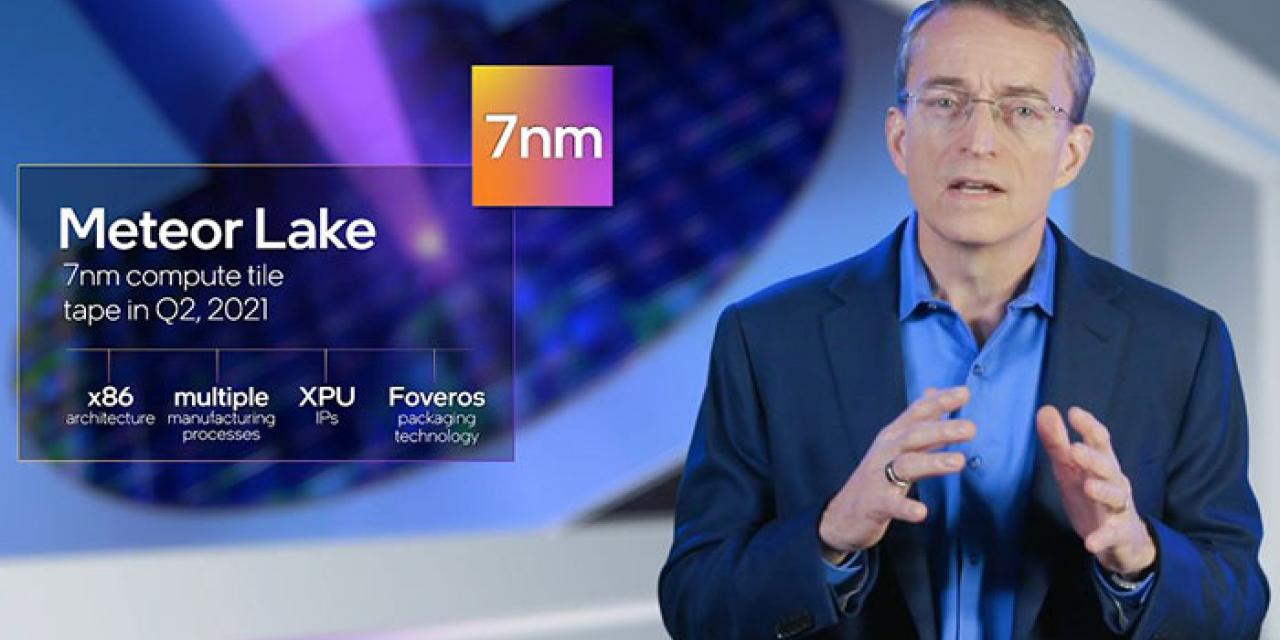
Right now, Intel is still using its long-in-the-tooth 14nm process that has been part of its chip designs since 2015's Skylake. It'll finally move beyond it to 10nm later this year in the form of its 12th-generation Alder Lake processors, and that's where it'll stay for some time to come once again. It's only in 2023, when Intel will debut its Meteor Lake range of CPUs, that it will step down to 7nm, a full four years after AMD did it.
Intel's last 14nm CPU line ends with its new, 11th-generation Rocket Lake designs, pushing the process to the absolute brink of density and performance — it even had to cut two cores from the top-end 11900K, because there simply wasn't room for the improvements and 10 cores. Alder Lake will change that with its 10nm process and major architectural shift to include high power and energy efficient cores. Raptor Lake will follow in 2022, also likely based on the 10nm node, with Meteor Lake stepping down again in 2023.
Meteor Lake is moving through its development process, with plans to verify the tile design sometime in Q2 2021. That will confirm that it's still on track for a 2023 release, and give us the first barest hints of what it might be capable of. In line with the chip shortages throughout 2020 and 2021, Intel also announced that by the time Meteor Lake lands, it will do more of the fabricating itself, and will even offer its foundries to external companies to improve global chip production supply.
By the time Meteor Lake launches, this increase in production supply and design speed should lead to Intel re-establishing its traditional tick-tock CPU design and release process, as per Hexus.








